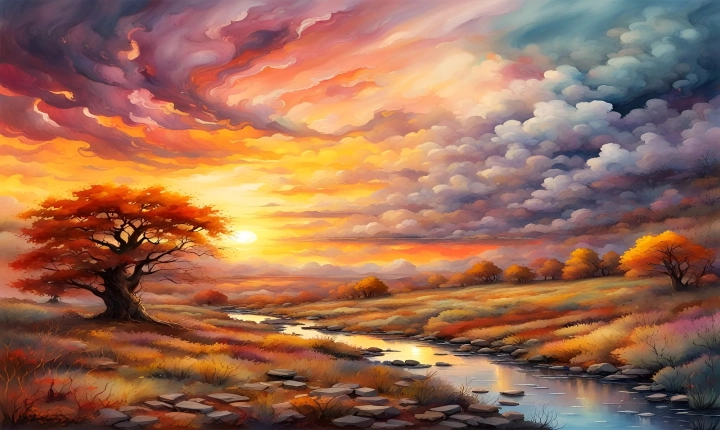Using AI to Write a Poem: Exploring the Intersection of Technology and Creativity
In the digital age, technology has permeated almost every aspect of our lives, and the realm of artistic expression is no exception. With the rise of artificial intelligence (AI), we are witnessing a fascinating intersection between technology and creativity. One such area of exploration is the use of AI to write poetry, a traditionally human-centric form of expression. In this article, we will delve into the potential of AI to generate poetic verse, the ethical considerations surrounding this practice, and the implications for the future of human creativity.
AI, particularly in the form of natural language processing and machine learning, has advanced significantly in recent years. These advancements have enabled AI systems to generate coherent and contextually relevant text, leading to the emergence of AI-generated poetry. Using vast databases of existing poetry and other literary works, AI algorithms can analyze patterns, styles, and themes, and subsequently generate original poems with varying degrees of complexity and creativity.
One of the key advantages of using AI to write poetry is its ability to produce large amounts of material relatively quickly. Additionally, AI can draw inspiration from a wide range of sources, including cultural, historical, and contemporary texts, resulting in a synthesis of diverse influences within a single poem. This process can lead to the creation of unconventional and thought-provoking pieces that challenge traditional notions of poetic expression.
Moreover, AI-generated poetry also has the potential to serve as a collaborative tool for human poets. By providing alternative perspectives and generating unexpected combinations of words and ideas, AI can inspire and enrich the creative process, offering a new lens through which poets can explore their own work. Furthermore, AI-generated poetry can be used as a springboard for human refinement, where the initial output of the AI serves as a starting point for further development by human poets.
However, the use of AI to write poetry raises important ethical and philosophical questions. Some argue that AI-generated poetry lacks the genuine emotions, personal experiences, and human consciousness that are considered essential components of traditional poetry. There are concerns about the potential devaluation of human creativity and the appropriation of literary traditions by non-human entities.
Additionally, the use of AI to create poetry brings to the forefront the debate on authorship and intellectual property. Who owns the rights to AI-generated poetry – the creator of the AI, the user of the AI, or the AI itself? These questions highlight the need for clear guidelines and ethical frameworks to govern the creation, dissemination, and attribution of AI-generated artistic works.
Looking ahead, the continued development and integration of AI in the realm of poetry pose intriguing possibilities for the future of creative expression. As AI technology advances, it is likely that AI-generated poetry will become more refined, nuanced, and indistinguishable from human-authored poetry. This blurring of the lines between human and AI creativity may challenge our understanding of what it means to be a poet and the nature of artistic inspiration.
In conclusion, the use of AI to write poetry represents a fascinating confluence of technology and creativity. While AI-generated poetry may lack the emotional depth and lived experiences of human-authored poetry, it offers unique opportunities for exploration, collaboration, and innovation within the poetic landscape. As we navigate this evolving landscape, it is crucial to critically examine the ethical implications and consider how AI can be integrated responsibly and respectfully into the rich tradition of poetic expression.
